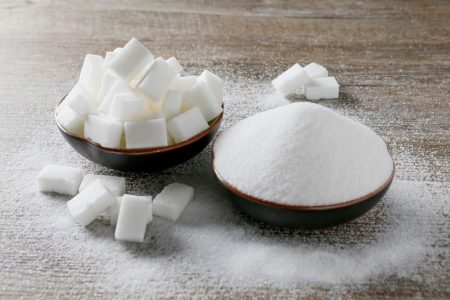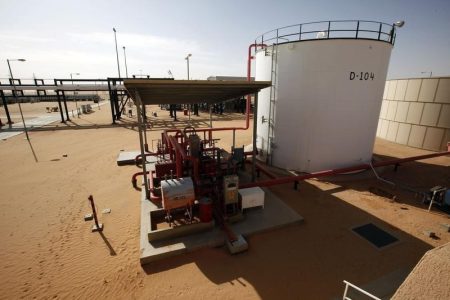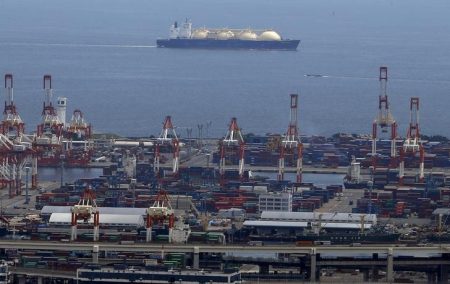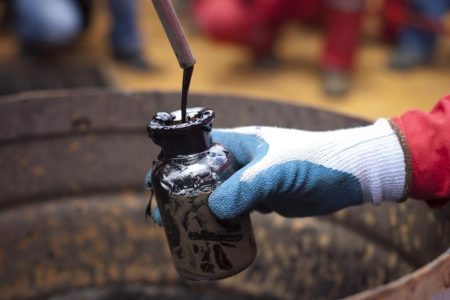MOSCOW/LONDON (Reuters) -Russia warned that from Thursday any ships traveling to Ukraine’s Black Sea ports will be seen as possibly carrying military cargoes, after Ukraine said it was setting up a temporary shipping route to try and continue its grain exports.
The moves by both countries on Wednesday came just days after Russia quit a deal – brokered by the United Nations and Turkey – that allowed the safe Black Sea export of Ukraine grain for the past year, and revoked guarantees of safe navigation.
Ukraine has made clear that it wants to try and continue its Black Sea grain shipments and told the U.N. shipping agency, the International Maritime Organization (IMO), that it had “decided to establish on a temporary basis a recommended maritime route.”
But Russia’s Defence Ministry then said it would deem all ships travelling to Ukraine to be potentially carrying military cargo and “the flag countries of such ships will be considered parties to the Ukrainian conflict”.
In a statement on the Telegram messaging app, it said the move would start at midnight Moscow time (2100 GMT Wednesday).
The Defence Ministry did not say what actions it might take.
Russia was also declaring southeastern and northwestern parts of the Black Sea’s international waters to be temporarily unsafe for navigation, the ministry said, without giving details about the parts of the sea which would be affected.
“It underscores that we’re trying to work and continue to work in what is effectively a warzone,” U.N. spokesperson Stephane Dujarric said on Wednesday when asked about the Russian warning.
Ukraine accused Russia on Wednesday of damaging grain export infrastructure in “hellish” overnight strikes focused on two of its Black Sea ports.
“In the ports that were attacked today, there was about a million tonnes of food stored. It is precisely that amount that should already have been delivered to consumer countries in Africa and Asia,” Ukrainian President Volodymyr Zelenskiy said in his nightly video address on Wednesday.
He said the terminal damaged the most held 60,000 tonnes of agricultural products intended for shipment to China.
Russian President Vladimir Putin on Wednesday accused Western countries of perverting the Black Sea grain deal for their own means, but said Russia would immediately return to the agreement if all its demands regarding its own exports were met.
‘GLOBAL HUNGER’
Insurers were already reviewing their appetite for covering ships into Ukraine.
A cargo insurance facility providing cover for Ukraine grain shipments traveling under the Black Sea deal has been suspended, the policy’s broker told Reuters on Tuesday. The marine cargo and war facility provided cover of up to $50 million per cargo.
Norwegian shipping insurance group DNK, which provides war risk policies, told Reuters on Wednesday it was currently unable to provide cover for Ukraine.
The U.N. said on Tuesday there are a “number of ideas being floated” to help get Ukrainian and Russian grain and fertilizer to global markets after Moscow quit the Black Sea deal.
The Black Sea pact was brokered to combat a global food crisis worsened by Russia’s February 2022 invasion of Ukraine. Ukraine and Russia are among the world’s top grain exporters.
Russia’s withdrawal on Monday also effectively ended a pact between the U.N. and Moscow in which U.N. officials agreed to help Russian food and fertilizer exports reach world markets. Under that agreement, the U.N. has said Moscow was no longer fulfilling a pledge to “facilitate the unimpeded export of food, sunflower oil, and fertilizers” from Ukrainian Black Sea Ports.
Moscow quit the deal because it said its own grain and fertilizer exports still faced obstacles and complained not enough Ukrainian grain was reaching poor countries under the arrangement.
But the U.N. argued the deal has benefited those states by helping lower food prices more than 20% globally. Ukraine has also been a key supplier of grain for the U.N. World Food Programme’s efforts to fight hunger.
U.N. Secretary-General Antonio Guterres “will continue whatever he can do to ensure that global markets have access to Ukrainian and Russian food as well as fertilizer,” Dujarric said. “This is just too important for our fight against global hunger.”
Read the full article here















